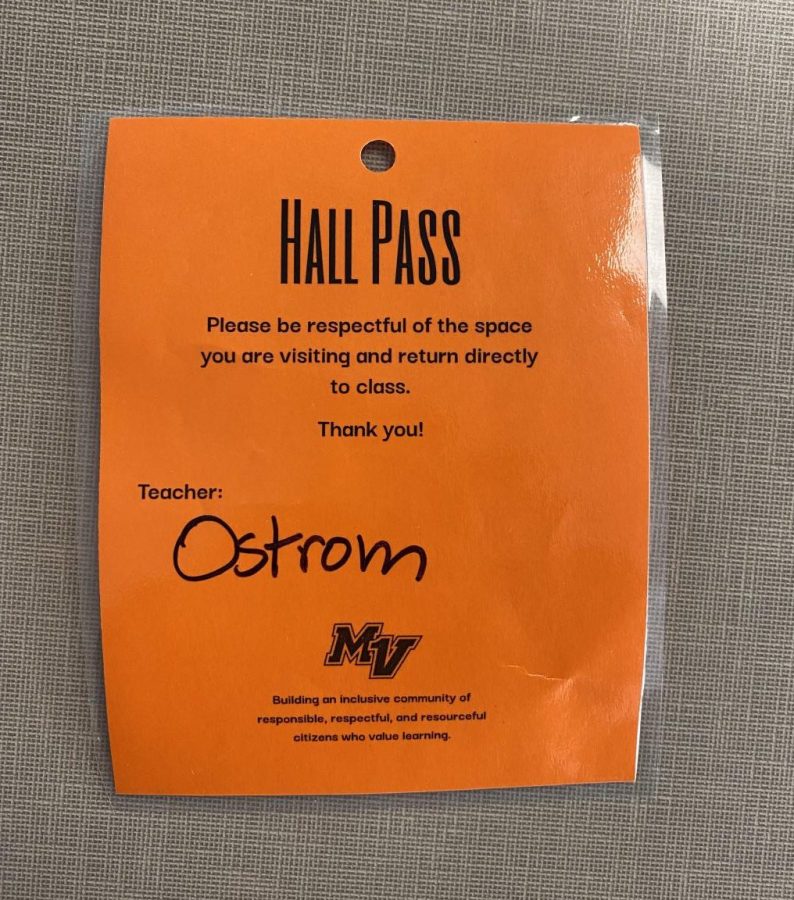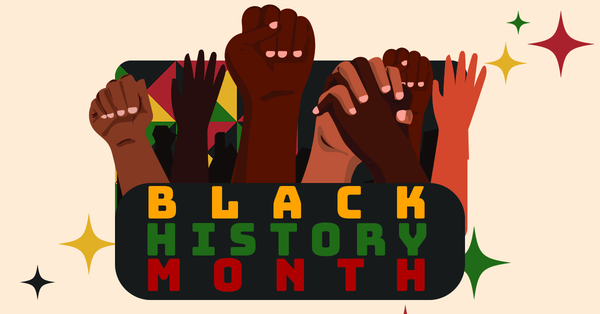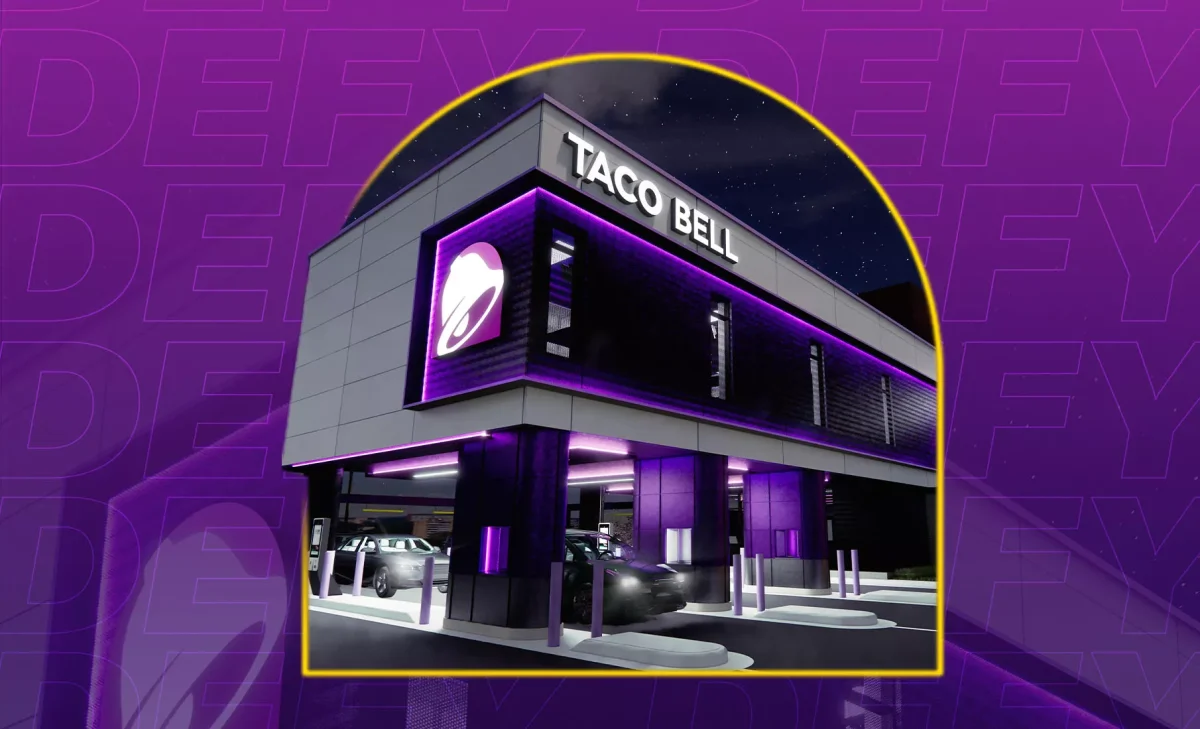In recent media, hustle culture — the mindset that emphasizes hard work or “hustling” over balance — has gained significant visibility among teens nationwide, evident in social media trends and influencer content. Although hustle culture can inspire ambition and a strong work ethic, it ultimately promotes the idea that resting is a sign of weakness or laziness, encouraging people to focus all their time on “grinding” and “hustling” to succeed.
Social media serves as the primary breeding ground for hustle culture. I have personally seen countless Instagram Reels promising fast money and quick success and encouraging teens to start dropshipping businesses or clothing brands. These Reels depict the process of creators beginning with little to no money and struggling to succeed initially. But as time goes and they “hustle,” they achieve their first sales and rapidly succeed, receiving thousands of dollars. Teenagers see these videos and develop false hopes of what they can achieve through hustling.
My own experience illustrates how viewing these videos can lead to unrealistic expectations. In 2022, I became obsessed with the idea of starting my own successful clothing brand. After seeing Reels and YouTube Shorts that made the process seem so simple, I did more research by finding videos on YouTube to begin my journey. These videos provided more detailed information about starting a brand, but slowly, I learned the harsh truth. Social media influencers often do not disclose the vast amount of behind-the-scenes work that one must put in, including marketing research, product development, supply chain management, branding, marketing and customer service — tasks impossible for 15-year-old me to handle. Starting a business also involves significant upfront costs. Social media videos often gloss over these financial barriers, leading viewers to believe that anyone can start a brand with little to no investment, despite influencers having parental support and more money as adults and significantly downplaying the amount of time and dedication it takes.
Hustle culture damages our well-being by encouraging constant comparison to the highlights we see on social media, which conceals the frustration and fatigue behind success. This creates an addictive cycle of stress, pushing people to work harder and feeling unworthy if they do not achieve immediate results. Social media algorithms amplify this cycle by recommending more hustle content based on engagement, drowning users in hustle culture even if they do not actively seek it out. For instance, I frequently encounter hustle culture posts on my feed, even while intentionally scrolling for lighthearted content.
Many teens also get lured into hustle culture through their idols or specific celebrities. Many tech moguls and high-profile business entrepreneurs depict painfully long hours as the key to success. For example, Bill Gates, former CEO of Microsoft, described his rise to success as “spending a couple decades working 10 hours a day, seven days a week, no vacations.” People do not realize that Gates represents a minority, and attempting to hustle the same way overlooks crucial factors such as luck, wealthy family background and access to influential networks and information.
The appeals of hustle culture — financial independence, being your own boss and achieving early success — can be tempting. However, taking action to encourage balance leads to both happiness and success. Teenagers should adopt healthier approaches to success, develop long-term plans, prioritize downtime and mental health and seek out positive role models.















![[DEBATES] Prestigious colleges: value or hype?](https://www.mvviewer.org/wp-content/uploads/2024/12/buildings-1200x654.png)
































![[OPINION] The dark origins of TikTok's looksmaxxing trend](https://www.mvviewer.org/wp-content/uploads/2024/02/Copy-of-Copy-of-Untitled-Design-1200x675.png)










